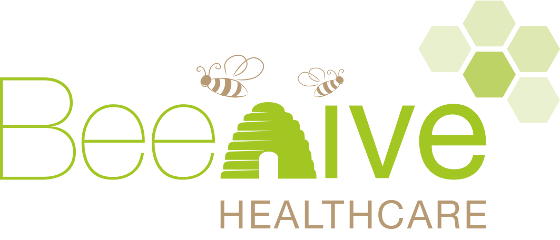
Acupuncture and massage are two complementary therapies used for centuries to improve physical and mental health. Both treatments are effective on their own, but when used in combination, they can produce some surprising benefits. If you’ve recently had an acupuncture session here at Beehive with Mingxing (Wayne) Lin, you might want to consider adding a massage to your routine. We wanted to share some of the unique benefits of having a massage after acupuncture, and why you should book an appointment to see Ming at Beehive Healthcare.
5 Benefits you might not have considered!

- Boosts the immune system: Acupuncture has been found to stimulate the immune system by increasing the production of white blood cells, while massage helps to improve lymphatic drainage, which can flush out toxins and waste from the body. A combination of these two therapies can strengthen your immune system and reduce your risk of infections and illnesses.
- Relieves stress and anxiety: Both acupuncture and massage are known for their ability to reduce stress and anxiety levels. Acupuncture stimulates the release of endorphins, which are natural painkillers and mood enhancers. Meanwhile, massage helps to reduce cortisol levels, a hormone associated with stress. A massage after an acupuncture session can help you relax and feel more calm and centered.
- Improves sleep quality: Acupuncture has been shown to improve sleep quality by regulating the production of neurotransmitters such as serotonin and dopamine. Massage also promotes relaxation and can help you fall asleep faster and stay asleep longer. By combining these two therapies, you can achieve a deeper and more restful sleep.
- Enhances athletic performance: If you’re an athlete or fitness enthusiast, you’ll be happy to know that acupuncture and massage can help improve your performance. Acupuncture can help reduce inflammation and pain in the muscles, while massage can increase blood flow and oxygen delivery to the muscles. A combination of these two therapies can improve your muscle performance.
- Promotes detoxification: Acupuncture and massage can both help to detoxify the body by stimulating the lymphatic system and improving circulation. This can help to remove toxins and waste products from the body, which can lead to improved energy levels, clearer skin, and a stronger immune system.
Having a massage after an acupuncture session can offer a range of unique and surprising benefits. By combining these two therapies, you can boost your immune system, relieve stress and anxiety, improve sleep quality, enhance athletic performance, and promote detoxification. If you’re interested in experiencing these benefits for yourself, book an appointment with Mingxing Lin at Beehive Healthcare, where you can receive expert acupuncture and massage treatments.
About Mingxing Lin

Mingxing Lin is a fully qualified Traditional Chinese Medicine (TCM) practitioner and licensed with CWAC to perform acupuncture. With well over 30 years practical experience he graduated from the TCM Faculty of Fujian Institute of Traditional Chinese Medicine in 1989. For 15 years he then worked in Sanming city Fifth Hospital, Fujian Province, China, as a general director of TCM and a TCM China certified practicing doctor and associate professor.
Mingxing translates as ‘superstar’ but has chosen to be known as Wayne to many of my English clients and friends! Names are very important in China and each of the 265 acupoints on the body are named. For example there is an acupoint on the head which translates as ‘hundred meetings” which signifies a point where all the body chi is coming together.
Ming moved to the UK in 2004 and is hugely passionate and dedicated to bringing the art and science of ancient Chinese therapies to Chester. His services include Acupuncture, TuiNa and Sports Massage, Reflexology, Swedish Massage and cupping to help to manage a wide range of conditions.








